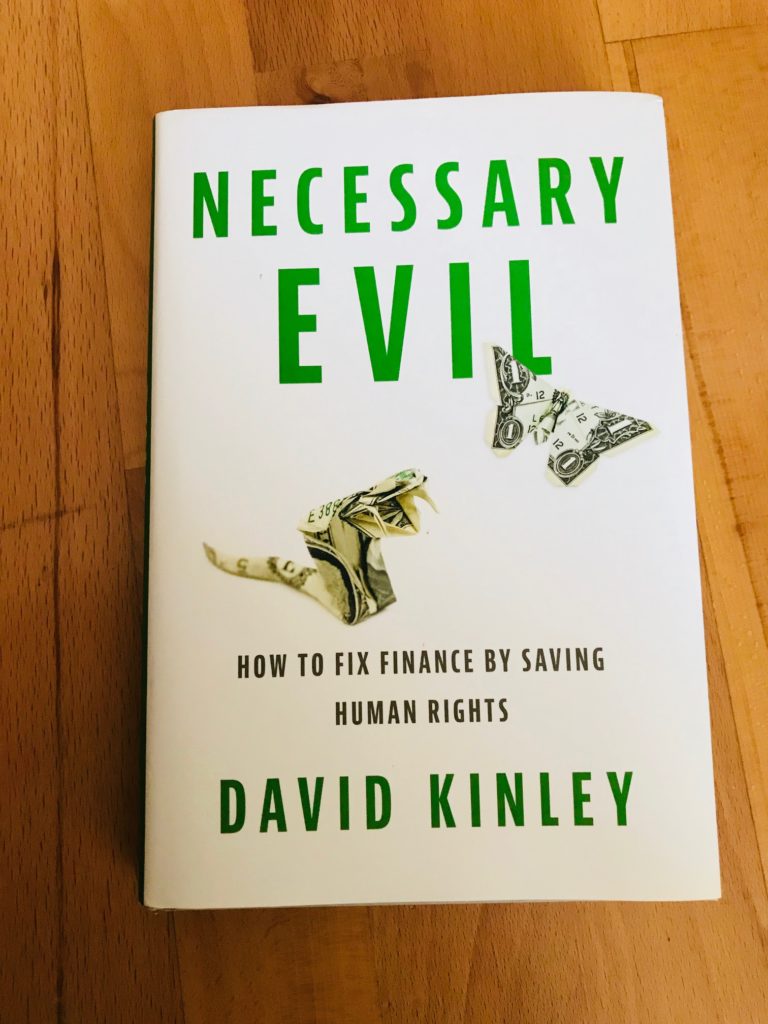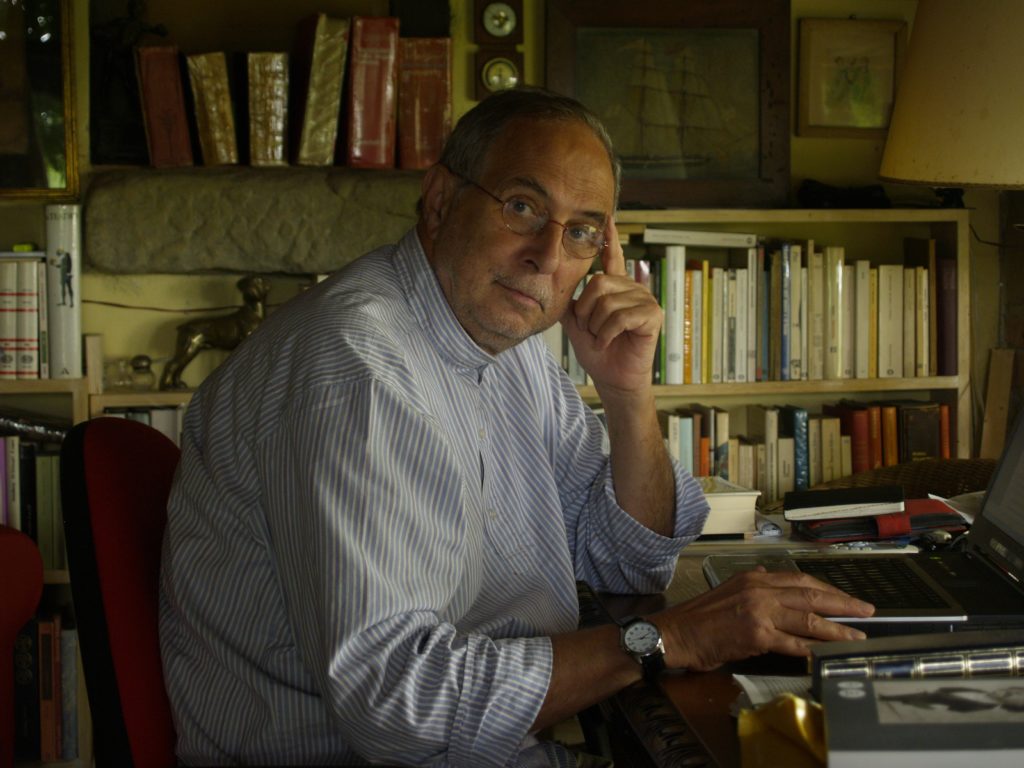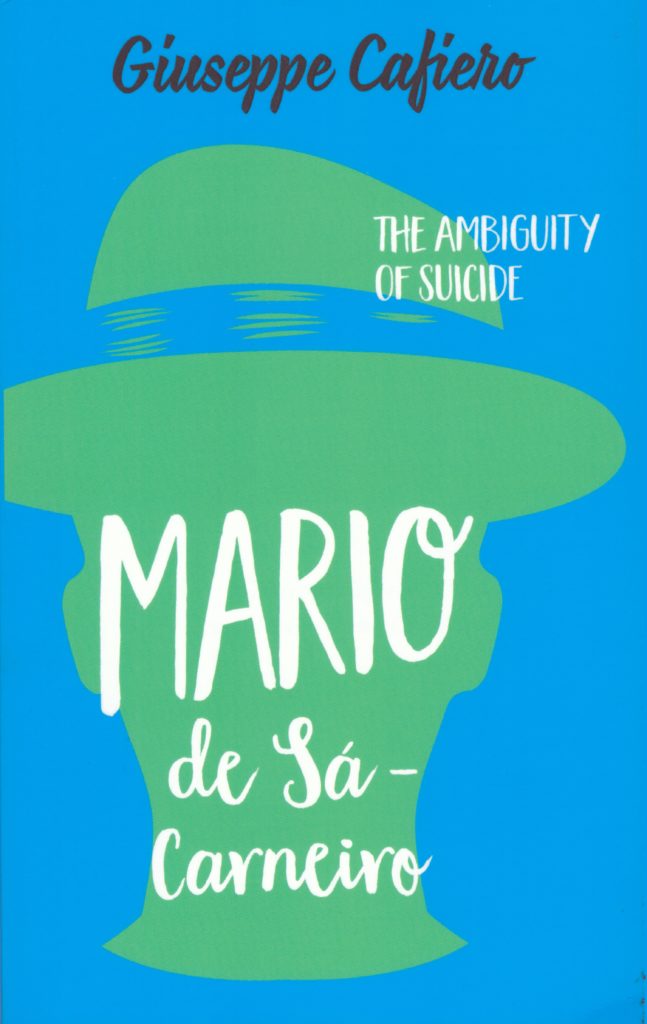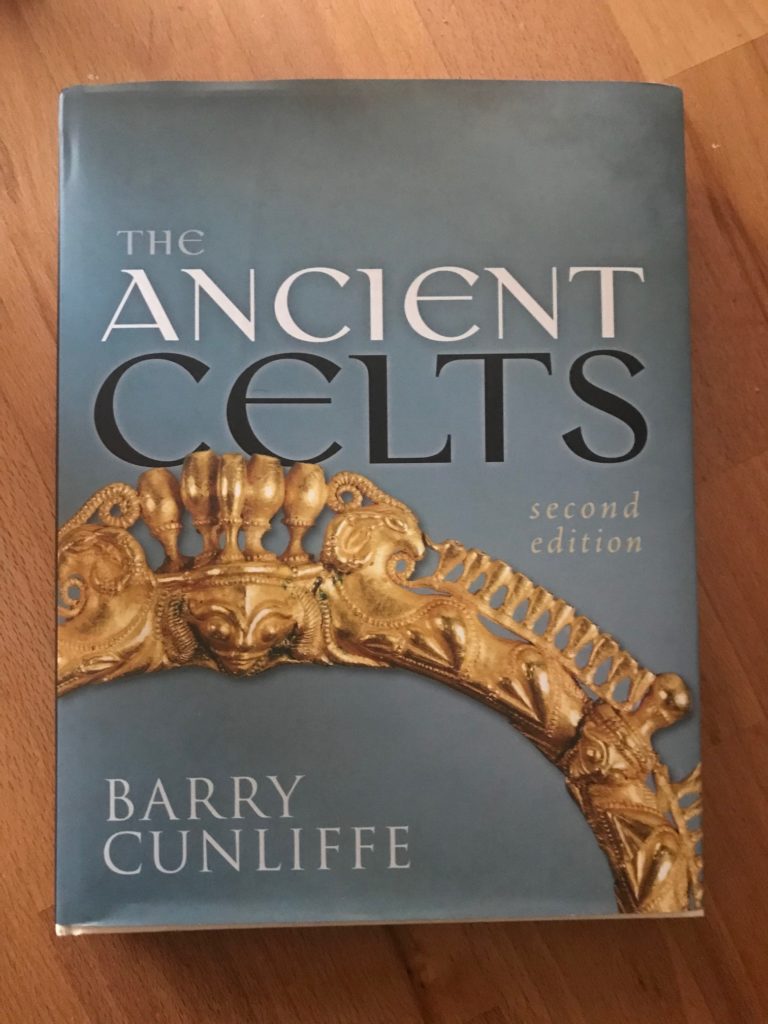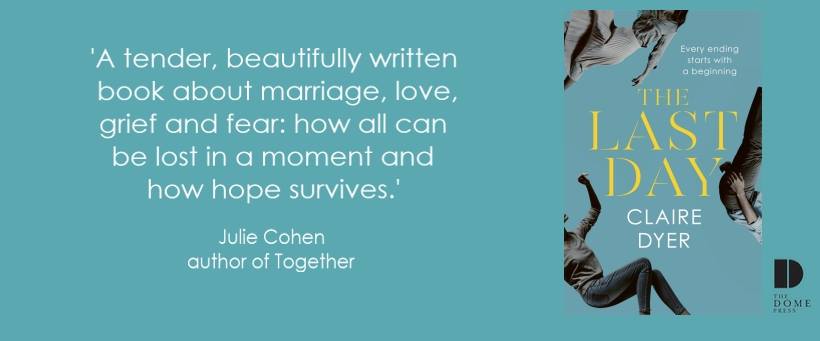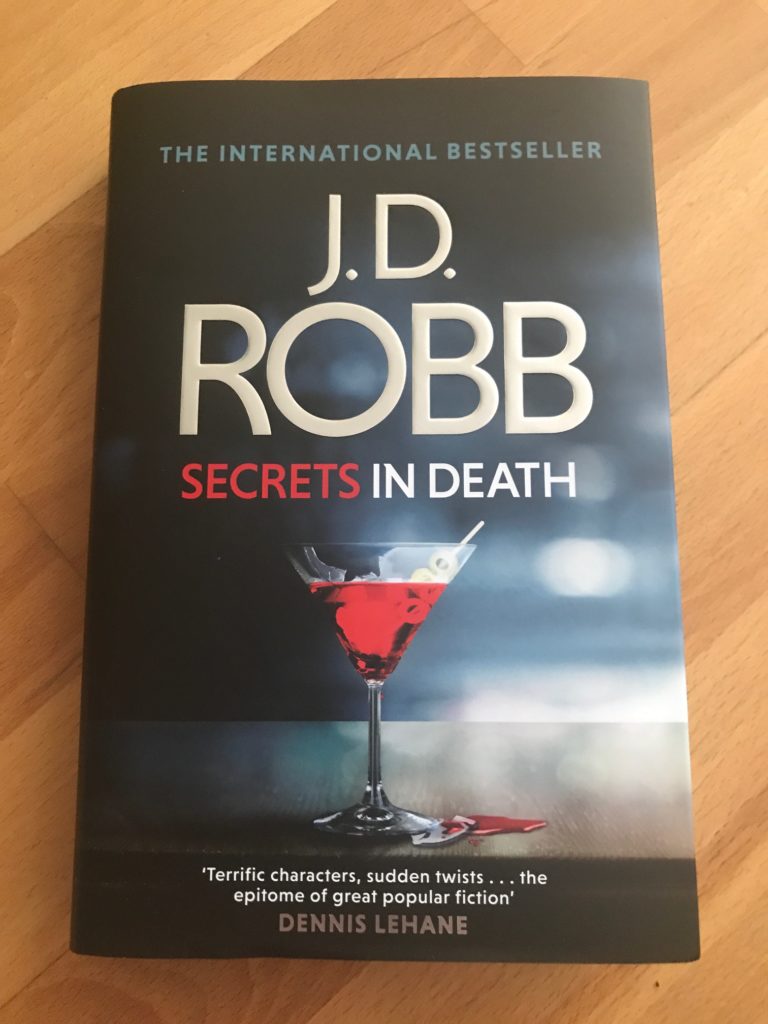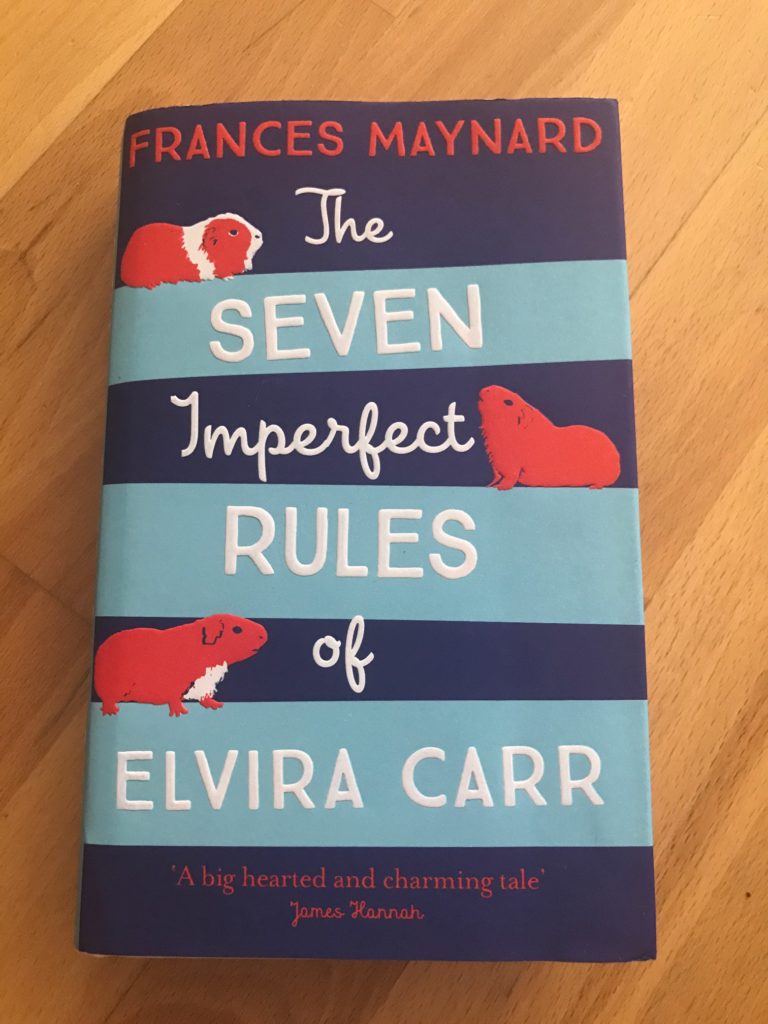 Ryan Weeks’ debut novel paints a disturbing picture of the sex industry fuelled not by drugs and organised crime but by download speed.
Ryan Weeks’ debut novel paints a disturbing picture of the sex industry fuelled not by drugs and organised crime but by download speed.
By Lucy Bryson for Frost Magazine
With shades of Black Mirror, the hit Netflix series, Pimple is a brave debut novel by the tech journalist, Ryan Weeks. In it, he transports us – hopefully for the first time – to London’s underworld where pimps, prostitutes and criminals abound. It explores what would happen if this shady cast of characters were thrust in the neon glare of the internet and the impact of ‘disruptive technology on society.
Pimple sees tech insiders take on the sex industry by creating an app that puts sex workers and clients directly in touch with one another, Uber-style.
With an insider knowledge drawn from his years as a mover and shaker within the world of ‘FinTech’ (or financial technology), Weeks casts a sideways glance at the buzz terms and behaviour of those involved in game-changing tech but isn’t afraid to confront tough questions about accountability.
The sex industry is a controversial subject to cover, and it’s very much to the author’s credit that Pimple doesn’t descend into tawdry imaginings of sexual encounters. Rather, it’s a thoughtful and stylishly-written novel that looks at the lives of four very different people – Annie, the tech-savvy young woman who creates the app; Elena the sex worker that signs up for what she hopes will be a safer and more profitable way of doing; Emerson, a disgusting pimp who violently object to the loss of income; and the police officers enforcing the laws that ban prostitutes and pimps from plying their trade.
Annie, the book’s main character, is a techy-savvy millennial looking for a new challenge after her financial start-up is bought out by a High Street bank. Looking for something morally rewarding, she begins to imagine ways in which she could use technology to stem a rise in violent crime against female sex workers in the city. With the help of close friend Veronica, she develops a revolutionary new app that is to throw an already dangerous situation into chaos.

The first chapters of the book outline the women’s attempts to launch the app on the street worker scene, and before long prostitutes begin to sign up in their droves – accustomed as they are to the abusive pimps, these vulnerable women find themselves suddenly in a more powerful position. Able to pick and choose her clients (rated on a 1-5 scale, as are the prostitutes) and her rates, Annie feels a cautious sense of liberation and independence. But neither the pimps nor the police are happy, and events spiral dangerously out of control, as several fraught chapters lead to a violent conclusion.
This is not a book that will appeal to all tastes. The stylised language sounds a little forced at times – particularly in the dialogue between Annie and Veronica – and some readers will baulk at the idea of a book about Millennials and their ‘tech-talk’. But Weeks is unafraid to poke fun at his own generation and its presumed pretentiousness, making this a more humorous read than the subject matter may suggest.
Weeks succeeds in conveying a sense of impending doom, and fans of the thriller genre will find a lot to enjoy here; the book crams a lot of tension, twists and turns into little over 200 pages.
But Weeks also poses some challenging questions about sexual exploitation and the impact of technology on society – questions which readers are likely to be pondering long after they’ve put the book down.
Ryan Weeks is the editor of AltFi.com, one of the leading news and intelligence resources for ‘fintech’ (financial technology) in the UK. Pimple, explores the dramatic consequences of technological disruption. It is out now through Amazon UK priced £10.99 in paperback and 99p in ebook.

